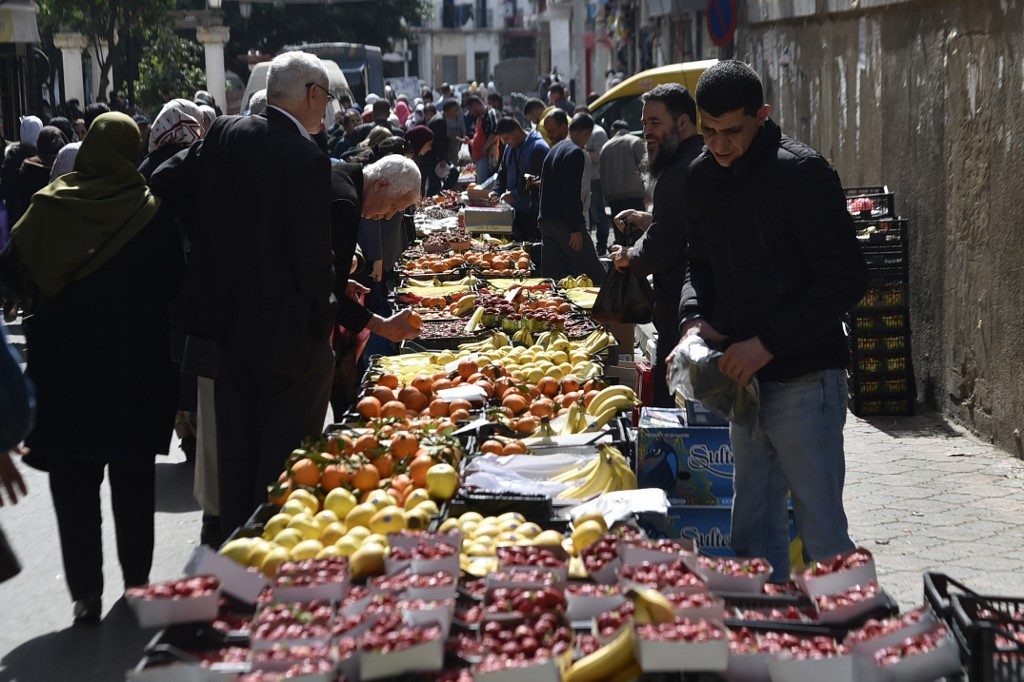Argel and São Paulo – Algeria’s foodstuff imports reached USD 2.82 billion year through April, a 11% year-on-year decline, as per figures from the country’s General Directorate of Customs. The information is from the news agency APS.
External purchases of cereals, dairy products, sugar, soy bran, and dried vegetables declined. However, imports of fresh or dried fruits, living animals and miscellaneous food preparations grew.
A decline was also seen in soy oil imports, but this product is ranked as an industrial input in Algeria and is not counted in the food trade balance.
Food and beverage exports from Brazil to Algeria reached USD 280.3 million year through April, a 5.2% year-on-year decline. Figures are from the Arab Brazilian Chamber of Commerce.
The negative change basically occurred in sugar sales, since other important products exports increased, such as soy oil, corn, and fresh beef.
Total exports from Brazil to Algeria, however, increased 10.4% year-on-year, to USD 336.3 million, driven by iron ore, and iron or steel bars.
It is worth remembering that Algeria implemented a restrictive policy to imports in order to reduce its trade deficit and encourage domestic production. However, in April, the government decided to lax rules on “strategic foodstuffs” to encourage the building of stockpiles for Ramadan, which has just ended.
This resulted in the reduction of the import tax on items such as fresh and refrigerated beef, dried fruits, nuts, butter, medicinal or diet food, and others.
Translated by Guilherme Miranda




